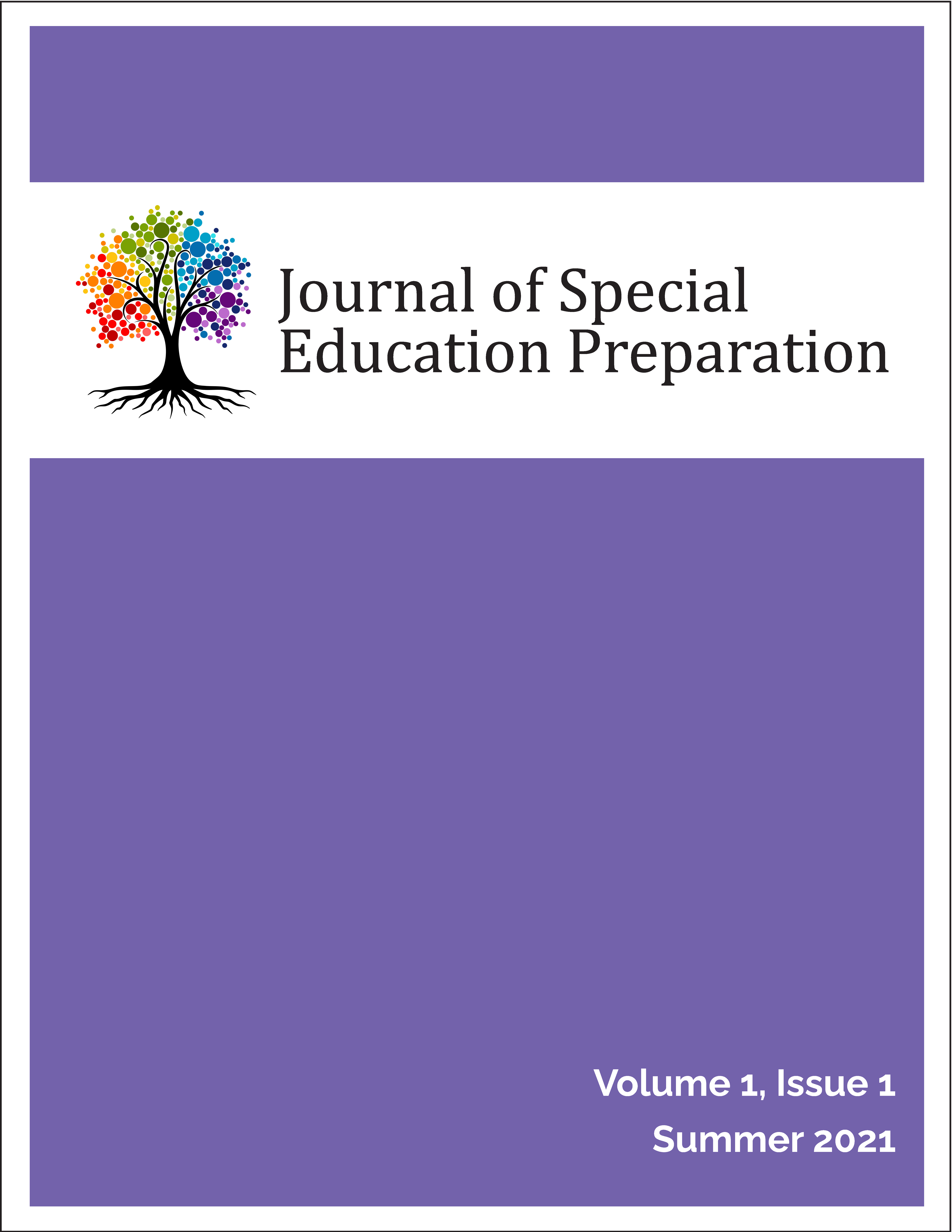Special and Inclusive Education in Southern Africa
DOI:
https://doi.org/10.33043/JOSEP.1.1.55-66Keywords:
special education, disability, professional development, Sub-Saharan AfricaAbstract
Children with special education needs possess unique learning characteristics which may inhibit their effective learning in mainstream, general education classes. Special education practices are therefore designed to address the educational needs of students with disabilities through various strategies including thorough assessments of students’ characteristics, individualized curriculum planning, and provision of essential services and resources to maximize learning. Although there is extensive research on special education in developed countries like the United States of America (USA), literature on its development and practice in Sub Saharan African countries is somewhat scattered and inconclusive. This study reviewed special education policy, special education teacher professional development, and challenges to successful special education practice in five Southern African countries: Zimbabwe, Zambia, Malawi, Botswana, and Namibia. An understanding of special education policy development and challenges is imperative to develop a more successful practice.
Downloads
Downloads
Published
How to Cite
Issue
Section
License
Copyright (c) 2021 Chitiyo and Dzenga

This work is licensed under a Creative Commons Attribution-NonCommercial-NoDerivatives 4.0 International License.


